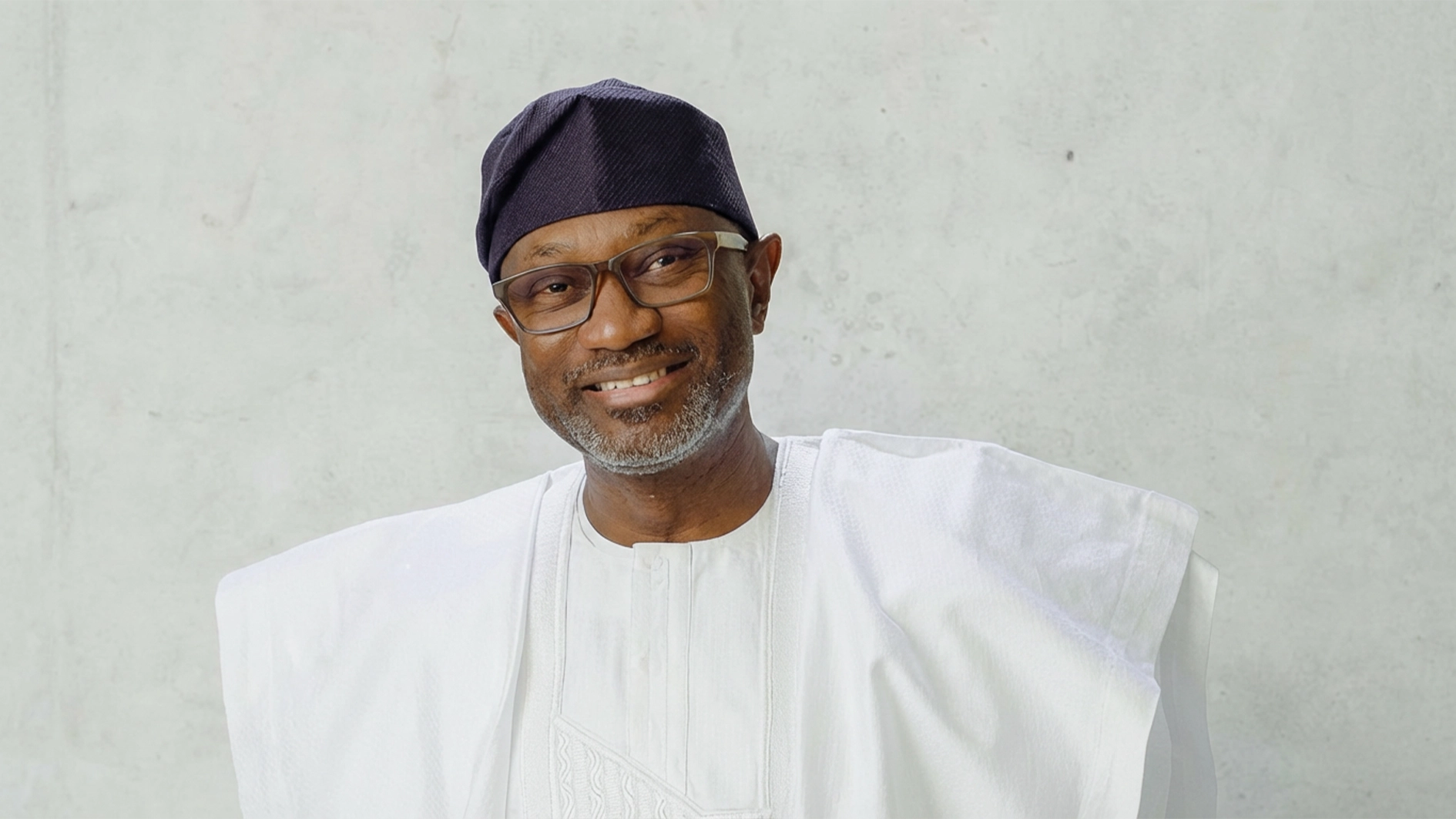More than a decade after its introduction, Nigeria’s Treasury Single Account (TSA) stands as one of the nation’s most transformative fiscal reforms.
It institutionalised transparency and discipline in public finance, consolidated government accounts, and stopped leaks. Yet in this new season of reform, as the Federal Government rolls out several fiscal initiatives to improve efficiency, enhance transparency, and prepare for the implementation of the new Tax Act in 2026, the TSA must once again take centre stage.
It’s time to accelerate its development and realise its greatest potential.
The TSA was never meant to be a static initiative.
Conceived from the beginning as a progressive, modular framework for evolving with Nigeria’s financial landscape, its architecture allows for new layers of functionality.
Now is the time to expand those capabilities. A system that earlier revolutionised public cash management can today anchor a new generation of fiscal governance.
The Foundational Design of TSA
The TSA was established to correct the years of financial inefficiency and opacity that characterised Nigeria’s public sector.
Prior to its adoption, there were thousands of government accounts scattered across various commercial banks in a very fragmented network of funds that promoted mismanagement, delayed remittances, and inadequate oversight.
Most Ministries, Departments, and Agencies operated independently, holding on to revenues or spending without central coordination.
The TSA revolution put an end to such fragmentation. With the TSA, all public accounts were consolidated under the Central Bank of Nigeria.
The TSA allowed the tracking of inflows and outflows in real time.
For the first time, the Federal Government was able to view its financial position clearly, and accountability became strengthened and fiscal planning sound. It improved liquidity management and reduced reliance on short-term borrowing.
The immediate results of the implementation of the TSA were very significant. More than ₦3 trillion was recovered from previously unmonitored accounts, and the government began saving more than ₦24 billion monthly in bank charges.
According to data from the Central Bank of Nigeria Statistical Bulletin 2022, the mean of Total Government Collected Revenue during post-TSA periods increased to ₦8,545.64 billion compared to ₦3,957.02 billion before full implementation.
This dramatic improvement underlines how the TSA became an engine for transparency, fiscal efficiency, and discipline.
As Sylva Okolieaboh, former Director of the TSA, and acting Accountant General of the Federation, put it:
As far as I know and have been part of the public finance management reforms for a long time, there are no other reforms in Nigeria that have made as much impact and gained as much traction as the TSA. It’s an all-inclusive reform.
Almost everyone is in. We did this within a small time frame, and we have stabilised it.”
The TSA has since grown beyond its initial take-off point of being a cash management and anti-corruption mechanism into a national fiscal management mechanism that now interconnects the operations of the Central Bank, commercial banks, and different arms of government.
Every federal transaction passes through it, giving the Ministry of Finance full visibility of available funds and better coordination between policy and expenditure.
This evolution underlines that TSA was never meant to stop at consolidation of bank accounts; it has always been about integrating every layer of public finance to create a digital backbone for governance hinged on transparency.
What started out being a response to mismanagement has now grown into a living system that constantly changes with Nigeria’s fiscal reality.
But now is the time to go even further.
The TSA can be optimised to also serve as the single architecture that will unify new fiscal reforms, bringing together under one umbrella a variety of tax systems, public payments, and financial data in one transparent structure.
Alignment would avoid duplication across agencies, improve cash flow forecasting, and enable more informed fiscal decisions based on evidence from a single point.
Unlocking the Next Level of TSA
To achieve the next level of impact, TSA needs to be deliberately optimised.
Increased automation will make reconciliation faster and more accurate; enhanced data analytics will improve fiscal forecasting and performance tracking.
Increased capacity building of the MDAs on how to use the system will ensure compliance is culture and not compulsion.
There is also the need to align the TSA with upcoming tax reforms to be able to create a seamless link between revenue generation, collection, and expenditure management.
Integrating data on taxes and payments into the TSA will ensure that every inflow into government is captured, reconciled, and reported with precision.
This will make Nigeria’s fiscal presentation more credible and reduce waste, thereby allowing smarter use of resources.
Of equal importance is the further protection of indigenous technological innovation that has so far driven the system.
Deepening partnerships, fair incentives, and consistency in policy will help ensure reliability and scalability continue with the TSA as Nigeria’s fiscal nerve centre.
Success for the TSA has come in the form of praise from global financial institutions like the World Bank and International Monetary Fund, which have used it as a model for transparency and accountability in public finance.
Several African countries have studied and adapted Nigeria’s approach to improve their own fiscal systems.
Recognition, however, should not be the end of this story. The TSA can assume the role of a strategic gateway for managing international transactions, donor funds, and development financing with transparency and traceability.
In fact, it presents the best opportunity to connect global partnerships, increase investor confidence, and showcase Nigeria’s leadership in digital fiscal governance.
With the right policy commitment and technological expansion, Nigeria’s TSA can become a globally recognised model for open government finance in Africa. It has the foundation, structure, and credibility needed for it to assume such a role.
Already, the Treasury Single Account has achieved what many thought impossible.
It has closed leakages, strengthened transparency, and restored order to public finance. But its greatest value does not lie in what it has accomplished, but in what it is yet to achieve.
Nigeria is entering a new phase of fiscal reform in which technology, accountability, and efficiency will define national progress.
If this is to succeed, TSA needs to be returned to the heart of such an agenda.
This is the time for its strong ownership, capacity upgrade, alignment with new policy instruments, and use as the single engine that drives the nation’s fiscal future.
The TSA was built to grow, and the moment to realise that growth is now.
It’s time for Nigeria’s TSA to be made to do more. It is time for it to come of age.






